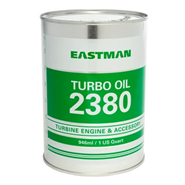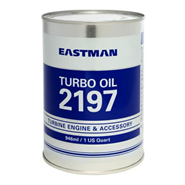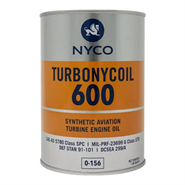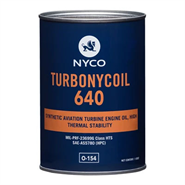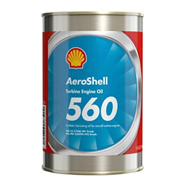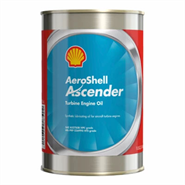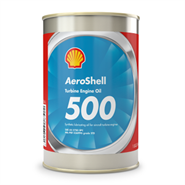TEO for Aero-derivative Gas Turbines (ADGT)
Industrial gas turbines (IGT) have a wide array of applications across the globe, keeping key infrastructure such as hospitals, airports and industrial plants running 24/7. As technology has developed, more focus has been placed on aero derivative gas turbines (ADGT) to provide this power, and these machines are now commonplace in many industrial applications.
Evolution and Efficiency of Aero Derivative Gas Turbines
Aero derivative gas turbines have evolved from the proven designs of both aircraft engines and industrial gas turbines, combining the best of both technologies to deliver powerful, efficient solutions for modern energy demands. Originally derived from military and commercial aviation engines, these turbines have been adapted to meet the rigorous requirements of industrial applications—offering a lightweight, compact, and high-performance alternative to traditional power systems.
Today, there are over 5,000 aero derivative gas turbines in operation globally, with a combined history of more than 450 million flight hours. Their simple-cycle efficiency can reach up to 44%, and they are capable of starting up in as little as five to ten minutes—making them ideal for applications where rapid response and operational flexibility are essential.
Compared to a conventional industrial gas turbine, an aero derivative model provides faster startup, more flexible deployment, and improved maintenance intervals (typically every 3–4 years). These performance advantages make them a preferred choice across a range of industries including power generation, oil and gas, and emergency backup power systems.
This level of versatility makes aero derivative gas turbines a preferred option for emergency services, industrial gas turbine operators, and utility companies seeking fast, efficient solutions without sacrificing performance.
Turbine Oil Properties for Aero Derivative Gas Turbines
Each engine oil exhibits different characteristics in a range of key areas including coke formulation, oxidation and elastomer compatibility. While high thermal stability (HTS) oils resist coke formulation, they often have poor elastomer seal compatibility compared to standard (STD) oils. This incompatibility can lead to seal degradation and oil loss, making your engine less efficient over time.
Hydrogen Compatibility
As the industry moves toward decarbonisation, some modern aero derivative gas turbines are designed to burn hydrogen-rich fuel blends, with capabilities up to 85% hydrogen. These innovations support cleaner power generation and reduce emissions, particularly in industrial gas turbine applications focused on sustainability.
Frequently Asked Questions About Aero Derivative Gas Turbines
What are the 4 types of gas turbines?
There are four main types of gas turbines based on their design and application: turbojets, turboprops, turbofans, and turboshafts. While they differ in structure and purpose, they all follow the same core process: intake, compression, combustion (power), and exhaust. Aero derivative gas turbines are derived primarily from turbofan or turbojet engines and adapted for industrial use.What makes aero derivative gas turbines different from industrial gas turbines?
While both are used in power generation, aero derivative gas turbines are lighter, more compact, and quicker to start than conventional industrial gas turbines. They're based on aircraft engine designs and are optimised for flexible deployment, fast startup, and high efficiency - making them ideal for backup power, remote sites, and energy providers seeking rapid solutions.How efficient are aero derivative gas turbines?
Modern aero derivative gas turbines can reach up to 44% simple-cycle efficiency. Their design allows for rapid startups (within 5 to 10 minutes), modular configuration, and extended maintenance intervals - typically every 3 to 4 years - which helps reduce operational costs and improve uptime for industrial operations.




